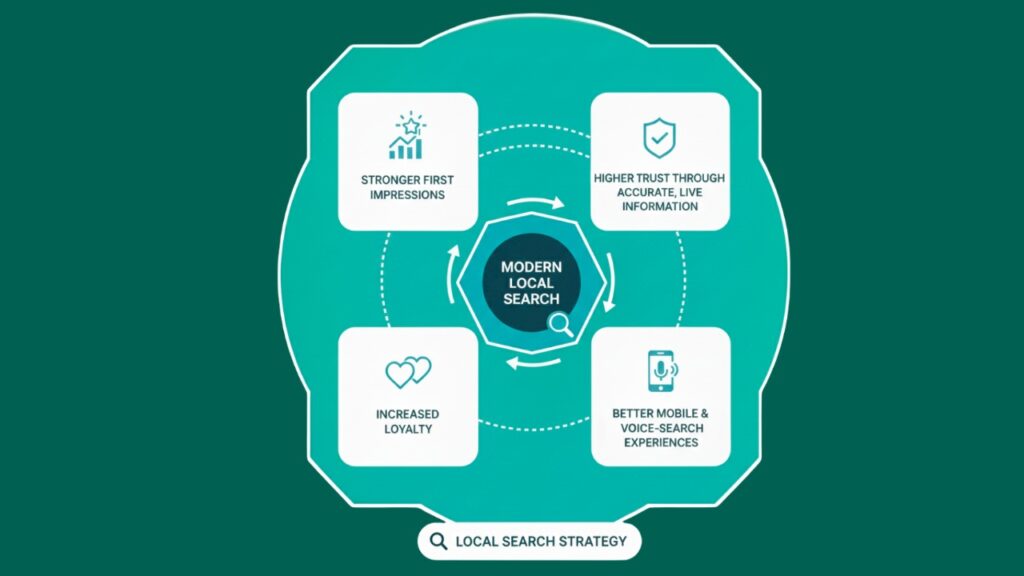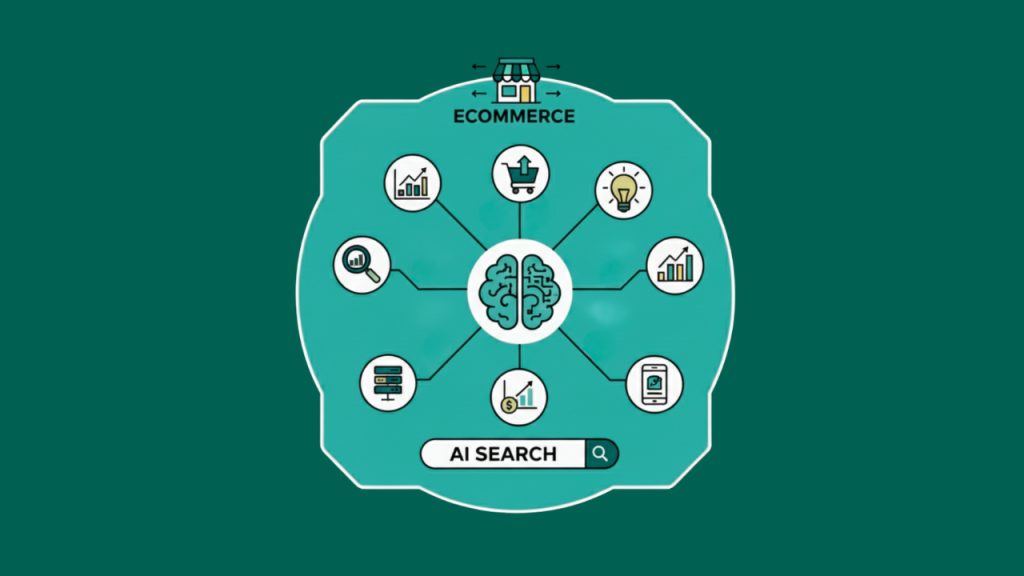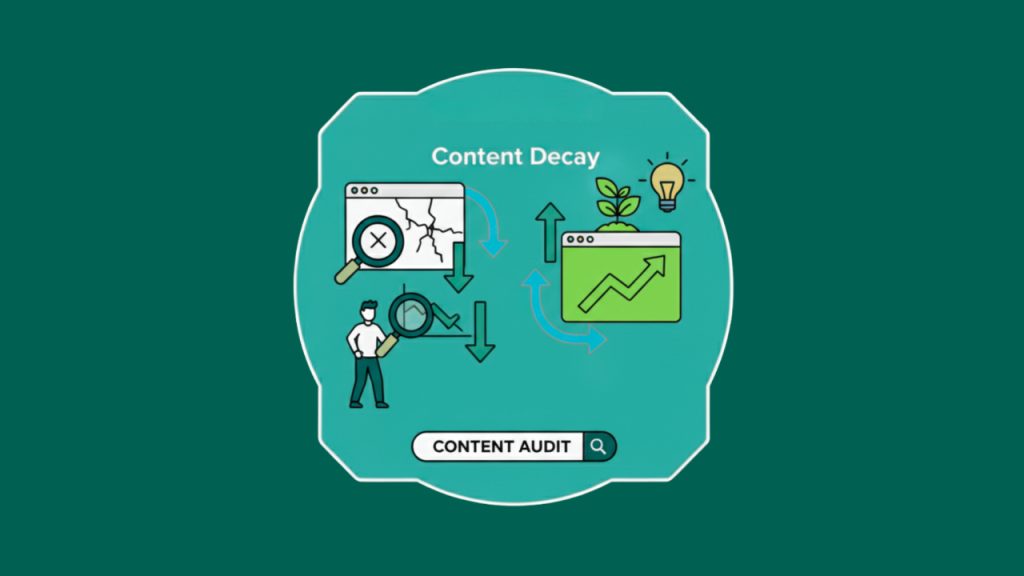Introduction
As the digital world becomes increasingly fast-paced and competitive, Pay-Per-Click (PPC) advertising remains one of the most effective tools for small and medium-sized businesses to reach their ideal customers. However, with rising ad costs, changing consumer behaviours, and growing privacy regulations, building a successful PPC strategy isn’t as simple as it used to be.
Rather than jumping straight into ad creation, long-term success comes from thoughtful planning. A research-led strategy is the difference between wasted budget and measurable results.
Here’s how to develop a PPC strategy that’s built to adapt and perform in today’s evolving digital landscape.
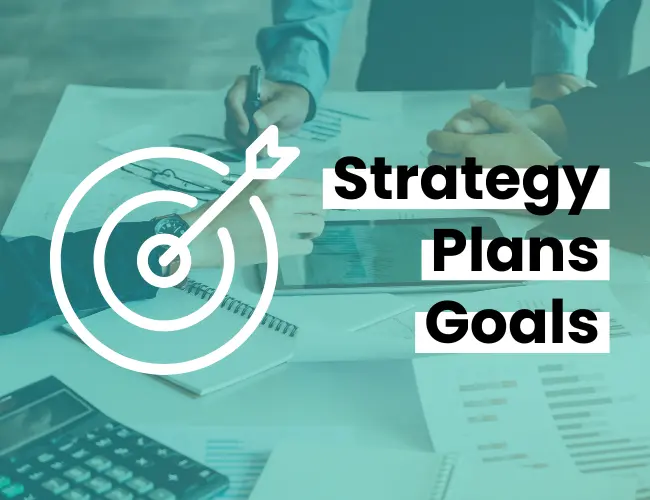
1. Start with a Clear Campaign Goal
Before diving into any paid advertising platform, clearly define your campaign’s goal. What are you aiming to achieve? Are you looking to:
Increase Brand Awareness?
Brand awareness campaigns focus on getting your name out to a wider audience, increasing visibility for your brand, products, or services.
While these campaigns typically don’t generate immediate sales, they’re essential for initiating the buyer’s journey. They’re especially useful for new brands entering a competitive market or expanding into new areas.
Boost Web Traffic?
Web traffic campaigns aim to drive potential customers to your website to observe how they interact with your content. This data helps refine your strategies for later stages of the buyer’s journey.
These campaigns are ideal for brands that are known but have yet to convert visitors into customers. They’re useful for building insights about your audience’s age, gender, and location.
Generate Leads?
Lead generation campaigns focus on building relationships with prospects who show interest in your products or services.
To achieve this, you may offer free trials, guides, templates, or other resources to allow prospects to experience your offerings with no commitment. This approach nurtures potential customers for future sales.
Drive Sales?
Sales-driven campaigns aim to convert visitors into buyers by targeting individuals ready to make a purchase.
These campaigns often focus on high-intent keywords that indicate a customer’s immediate purchasing interest, such as “buy women’s running shoes” or “get a web design quote”.
2. Research Your Competitors
Understanding what you competitors are doing can help you identify gaps and opportunities in your market.
Start by searching your core services or products — who’s showing up in the paid results? What messaging are they using? What offers are they promoting?
Tools like Google Auction Insights, Facebook Ad Library, or SEMrush can provide deeper insights. Consider:
- What are their strengths?
- Where can you differentiate?
- Are they missing any keyword or audience opportunities?
Use this information to carve out your own positioning and avoid blending into the crowd.
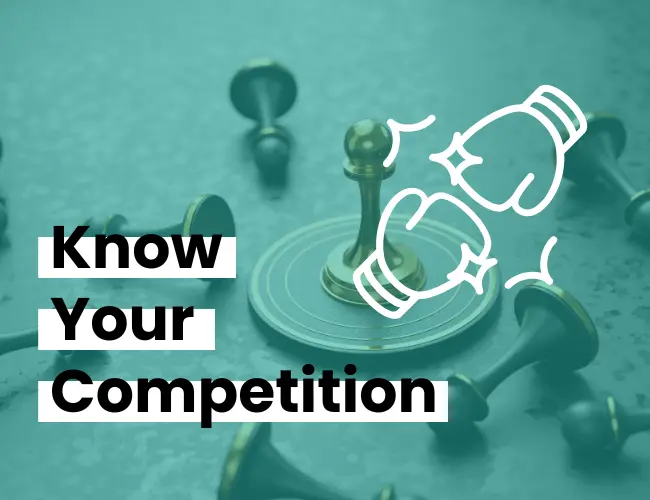
3. Run a SWOT Analysis
A SWOT analysis (Strengths, Weaknesses, Opportunities, Threats) gives you a clear picture of where your business stands and how PPC can support your growth.
- Strengths – What makes your business unique? Great service? Niche expertise?
- Weaknesses – Are you struggling with brand visibility or limited internal resources?
- Opportunities – Is there a new market or trend you can capitalise on?
- Threats – Are large competitors driving up costs? Is demand seasonal?
This step can help determine where to focus — whether that’s brand-building or aggressive lead generation.
4. Define Your Audience
Effective PPC is all about relevance. You want to connect with the right people at the right time. Start by profiling your current customers:
- Who are they (age, location, profession)?
- What problems do they face?
- How do your products or services solve these problems?
- Where do they spend their time online?
Then map out their buyer journey — from awareness to decision-making. This helps to give you an idea of how you need to shape your messaging and targeting for each stage. Creating audience personas is a useful ways to keep your campaigns focused.
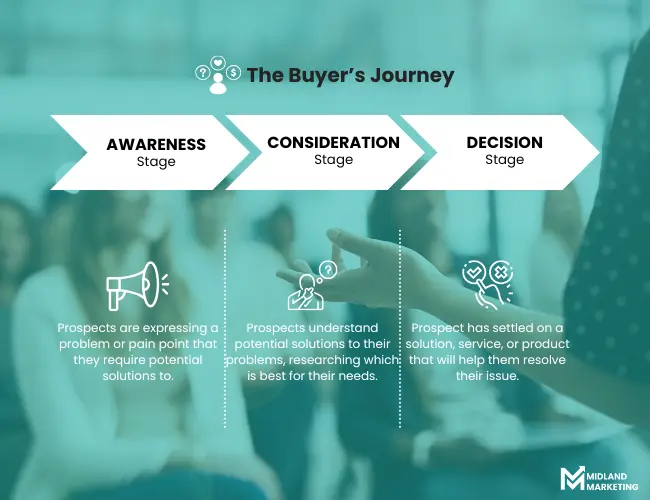
5. Determine a Realistic Budget
Whilst it may feel otherwise, you don’t need a massive budget to compete in the market — you just need to allocate it wisely.
First, figure out what you can afford to comfortably invest each month without negatively impacting your profits or income. Then, take into account:
- Expected cost-per-click (CPC)
- Your conversion rate
- The length of your average sales cycle
For instance, if leads cost £10 and your budget for PPC is £500, you could aim for 50 leads — assuming the best case scenario. Remember to leave room for testing different ad formats and messages before scaling.
For more advice on how to make the most of your budget, read our guide on how to maximise your ad spend with PPC budget management.
6. Choose the Right Platforms for Your Goals
Not all PPC platforms are equal. Choose the ones that align best with your goals and audience.
- Google Ads – Great for capturing intent-driven traffic.
- Meta Ads (Facebook/Instagram) – Ideal for visual storytelling and interest-based targeting.
- LinkedIn – Best for connecting with B2B audiences.
- TikTok/YouTube Ads – Effective for awareness, especially with younger or highly engaged users.
If your budget is limited, it’s better to focus on one or two well-suited platforms than to risk spreading yourself too thin.
For more help on which platform you should pick, check out our guide on choosing the best PPC channels for your goals.

7. Research Keywords with the Right Search Intent
Keywords are the backbone of any search campaign. But it’s not always just about search volume — intent is also an incredibly important factor to consider.
Use tools like Google Keyword Planner, Ubersuggest, or AnswerThePublic to find relevant keywords and group them by intent:
- Informational – Users seeking knowledge (e.g. “how PPC works”)
- Navigational – Users looking for a specific brand or page (e.g. “Midland Marketing contact”)
- Transactional – Users ready to take action (e.g. “buy SEO software UK”)
While transactional keywords typically convert better, informational keywords can support top-of-the-funnel engagement.
For additional support with keyword research, why not read our article on how to do high-converting keyword research for PPC?
8. Consider Timing and Seasonality
PPC performance isn’t consistent year-round. Depending on your industry, search volume and buyer intent can spike during certain seasons, events, or times of year.
To stay ahead of these shifts, tools like Google Trends or past campaign data can reveal when your audience is most active.
For instance, if you offer an ice cream catering service, you’ll likely see the best results in late spring and summer, when warmer weather boosts interest, while demand drops sharply in winter.
Keep your budget flexible so you can scale up or down in response to seasonal trends and changing customer behaviour.

Conclusion
The success of your PPC campaign starts with a solid strategy. Just like a well-structured business plan, a research-based PPC strategy helps you navigate the digital landscape with confidence.
By clearly defining your goals, understanding your audience, assessing your competition, and allocating budget smartly, you build a roadmap that supports lasting performance and consistent results.
Strategic planning isn’t a one-off — it’s your edge in an increasingly competitive space. If you’re unsure of where to begin, we’re here to help. At Midland Marketing, we specialise in building data-driven PPC strategies designed to deliver real results. Let’s turn your advertising into impact.









